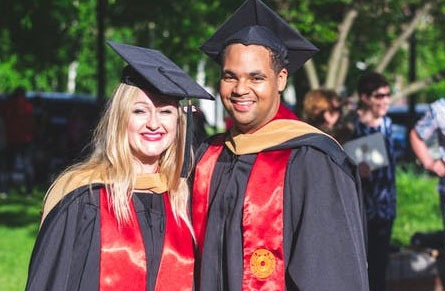 Students at the baccalaureate or bachelor’s level are known as undergraduates. Successful completion of the secondary school program is the normal requirement.
Students at the baccalaureate or bachelor’s level are known as undergraduates. Successful completion of the secondary school program is the normal requirement.
There are two broad categories of undergraduate college degrees:
(Usually two years, or four full-time semesters)
An Associate Degree in Canada is a 60-credit, foundational undergraduate program in a classical area of study (such as Sciences or Arts). Unlike certificates and diplomas, Associate Degrees comprise a breadth of general academic subjects as well as a specialization in an area of interest (similar to a major).
the Associate of Arts (Business)
The Associate Degree allows students to begin their studies at one college or university and transfer into third-year coursework at a university, pending recognition by the receiving institution. Most Associate’s degree programs are offered at vocational schools and community colleges.
Associate’s degree programs are also very popular for students who are seeking more direct professional training or credentials. The most common type of vocational associate’s degree is:
Some schools also offer specific diplomas, such as
Some credits from associate’s degree programs can typically be applied toward a bachelor’s degree, but an associate’s degree is not required for entrance to a bachelor’s degree program. Exact labels for professional associate’s degrees will vary between institutions.
Bachelor’s degrees in Canada normally require three or four years of full-time study, depending on the province or whether the program is general or specialized
In this arrangement, students are expected to gain general and foundational knowledge over their first one or two years, and then specialize in a concentration called a major.
Usually signals a higher degree of concentration in the honours subject, as well as a higher level of academic achievement.